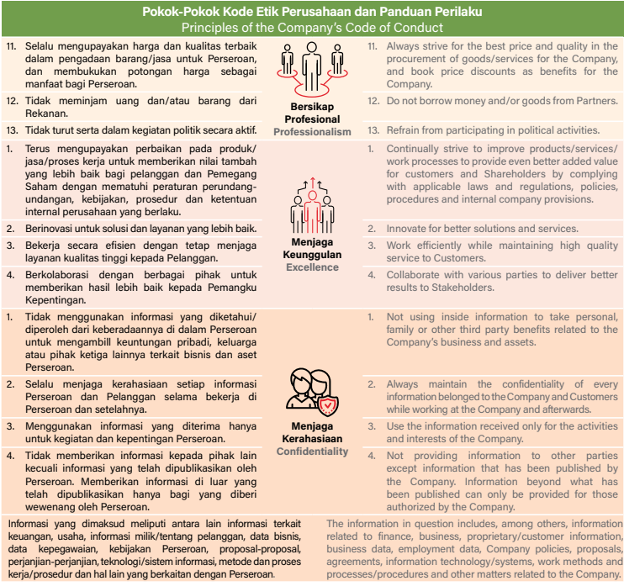IP Transit services can help businesses optimize their connectivity and support growth and success in the digital era. By providing fast and reliable access to the global internet, these services not only facilitate interactions with global customers and markets, but also enable businesses to expand reach and respond to opportunities with more agility.
In the ever-growing digital era, IP Transit Services are an irreplaceable foundation for organizations that want to maintain smooth operations and existence in the online realm.
Why choose IP Transit Services? This question is answered clearly by the huge benefits it provides. However, it requires careful planning in dealing with IP Transit challenges, a deep understanding of business needs, and strong collaboration between organizations and transit providers.
What are the benefits, applications, and obstacles of IP Transit Services in understanding the essence of internet connections that are vital for modern businesses? Check out the explanation below!
IP Transit Services is an internet connectivity solution where an organization or service provider uses the network infrastructure of a transit provider to connect its internal network to the global internet. This service enables data exchange between internal networks and other networks around the world via a large and powerful transit network. By using these services, organizations can access online resources, provide online services to customers, and connect with various locations efficiently.
These benefits make IP Transit Services a smart choice for organizations that want to connect to the global internet efficiently and reliably. Benefits of IP Transit Services include:
Global Connection
Enables access to the global internet, supporting interaction with networks and users from various parts of the world.
Stability
Using a strong and reliable network infrastructure to maintain stable connectivity and minimal disruption.
Optimal Performance
Offers optimized paths to transmit data at high speed and low latency.
Scalability
Flexibility to adapt to needs as you grow, without the need to build your own infrastructure.
Security
Provides an additional layer of security through transit providers, helping protect data from online threats.
Provision of Services
Enables organizations to provide online services, such as website hosting, video streaming, and more.
Network Control
Provides control over data flows and network performance monitoring through a management interface.
Redundancy
Helps create backup paths to overcome disruptions and minimize downtime.
Cost Efficiency
Reduce the cost of investing in your own physical infrastructure, by paying only for the services used.
Access To Optimal Routes
Enables direct access to major internet service points, optimizing routes and reducing latency.
Cloud Based Service Provision
Supports the adoption of cloud-based services, facilitating connections to cloud service providers.
Traffic Management
Enables better traffic management, avoiding congestion and performance degradation.
Follow Us



Newsletter
Follow Us








